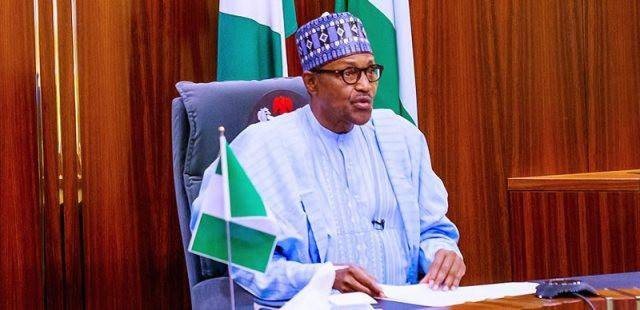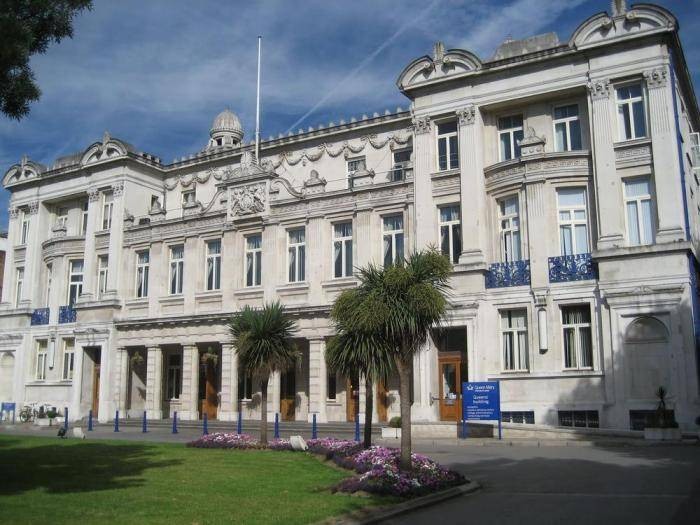
Going by another poor rating in the 2013 Ibrahim Index of African Governance (IIAG), the quality of governance in Nigeria has sustained its sliding profile.
In the rating published Monday by the Mo Ibrahim Foundation, the country has recorded an eighth-step decline profile since year 2000.
In 2006, it was ranked 37th, slid to 41st in 2011, 43rd last year before notching two points to place 41st this year.
Specifically, the country ranked 41st out of 52 overall in safety and rule of law, participation and human right, sustainable economic opportunity and human development.
According to the report, Nigeria recorded a notable decline in its score for participation and human rights, measured by protection of human rights, civil and political participation and gender issues.
The report scored Nigeria 43.4 out of 100, 13th out of 16 in the west African region, lower than the regional average for West Africa and ranks lowest in the category for safety and rule of law.
The continental average of 51.6 for overall governance showed the widening gap in performance between the African countries, with the top performing country, Mauritius, scoring 82.9 while Somalia, the poorest performing country, registered the lowest country score at 8.0.
The report noted that top 10 performers over the years had remained relatively stable, with Mauritius, Botswana, Cape Verde, South Africa, Seychelles, Namibia, Tunisia and Ghana, managing to remain in this grouping since 2000.
It noted that the bottom 10 - Zimbabwe, Equatorial Guinea, Chad, Central African Republic, DRC and Somalia, had constantly remained in the trough between 2000 and 2012.
The report said that seven countries had managed to pull themselves out of the bottom 10 since 2000, four of which are post-conflict countries. They are Angola, Burundi, Liberia and Sierra Leone.
Five post-conflict countries - Liberia, Angola, Sierra Leone, Rwanda and Burundi - top the league of the table for most improved performers since 2000.
The report noted that two countries, Angola and Rwanda, had, remarkably, shown year-on-year improvement in overall governance, coming from their lowest point in 2000 and reaching their highest peak yet in 2012. However, these countries have room for continued improvement, with Rwanda ranking 15th in overall governance, and Angola ranking 39th (out of 52 countries).
The report confirmed that overall governance continued to improve at the continental level. “The countries that have experienced overall governance improvement since 2000 are today home to 94 per cent of people living on the continent.
“Since 2000, the strongest improvements at continental level are registered in the categories of human development; sustainable economic opportunity; and, to a lesser extent, participation and human rights.”
Meanwhile, the safety and rule of law category has declined, showing year-on-year decline since 2010, it added.
It also showed a growing diversity in governance results on the continent.
According to the report, there is a widening gap in performance between the best and worst governed countries; increasingly noticeable differences between the performance across different categories; and conflicting trends within the categories.”
The Chair of the Mo Ibrahim Foundation, Mo Ibrahim, said: “Neither Afro-pessimism nor Afro-optimism does justice to modern Africa. This is now the age of Afro-realism - an honest outlook on our continent. It’s about a celebration of its achievements but also a pragmatic acknowledgement of the challenges that lie ahead.”




